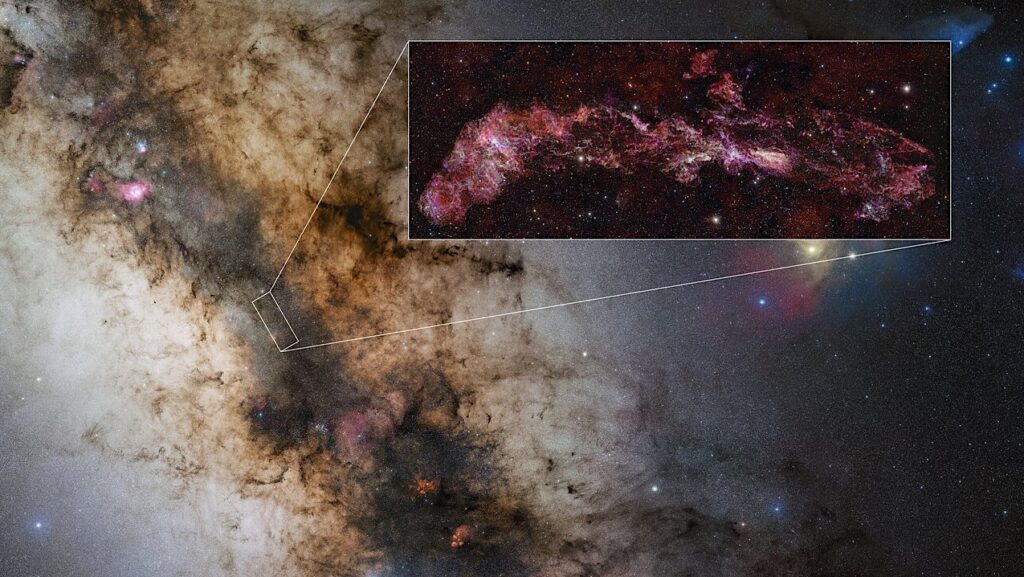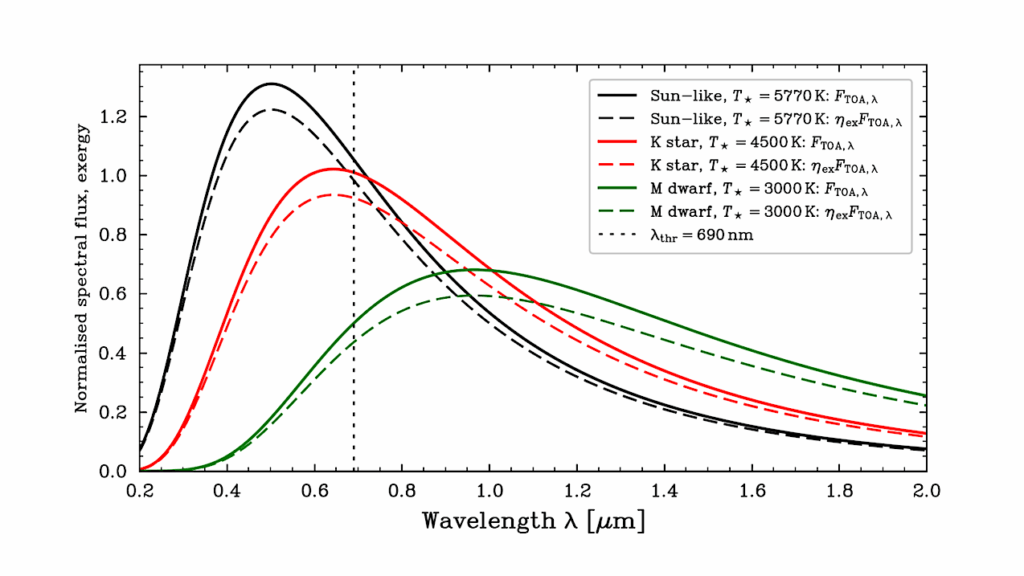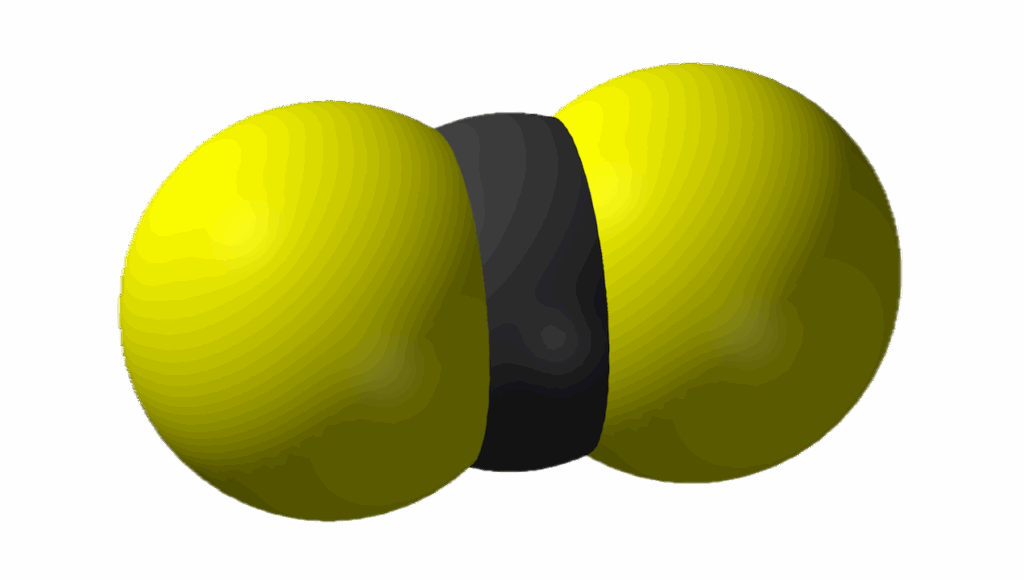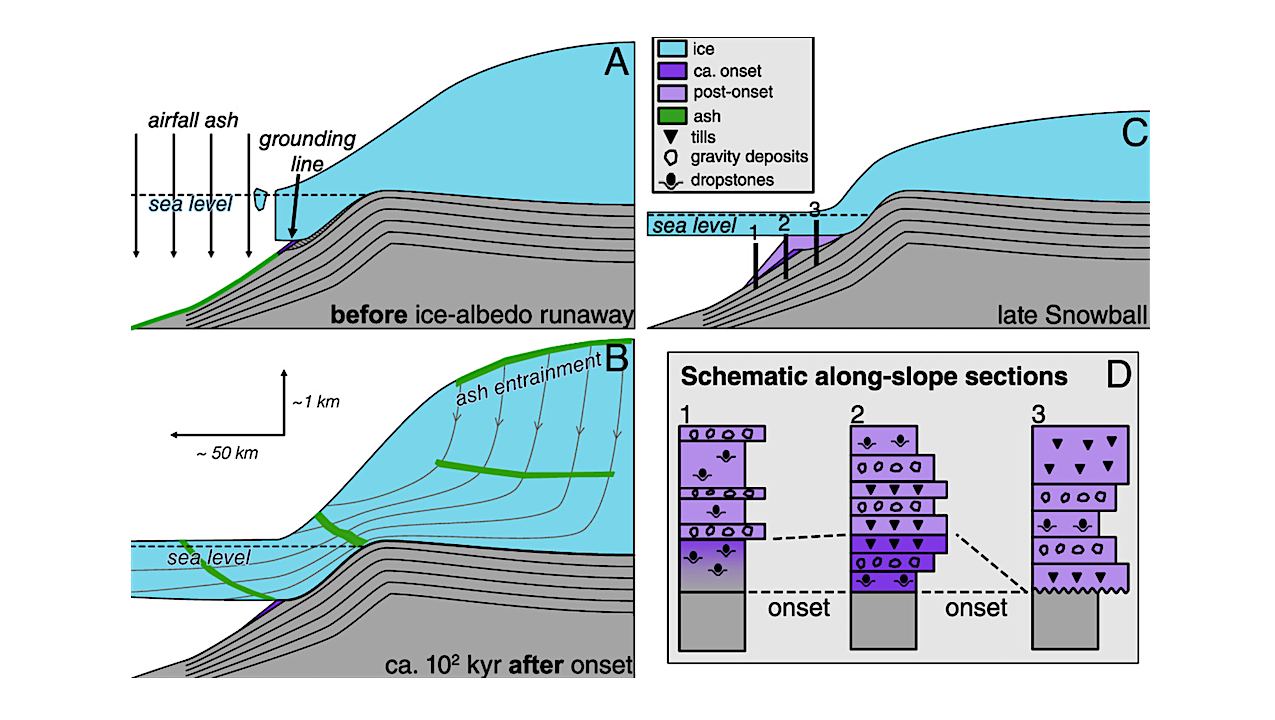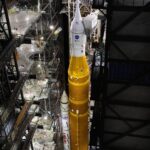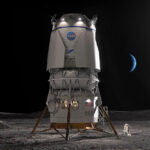Now Reading: Abiotic Origin Of Citric Acid Cycle Intermediates
-
01
Abiotic Origin Of Citric Acid Cycle Intermediates
Abiotic Origin Of Citric Acid Cycle Intermediates
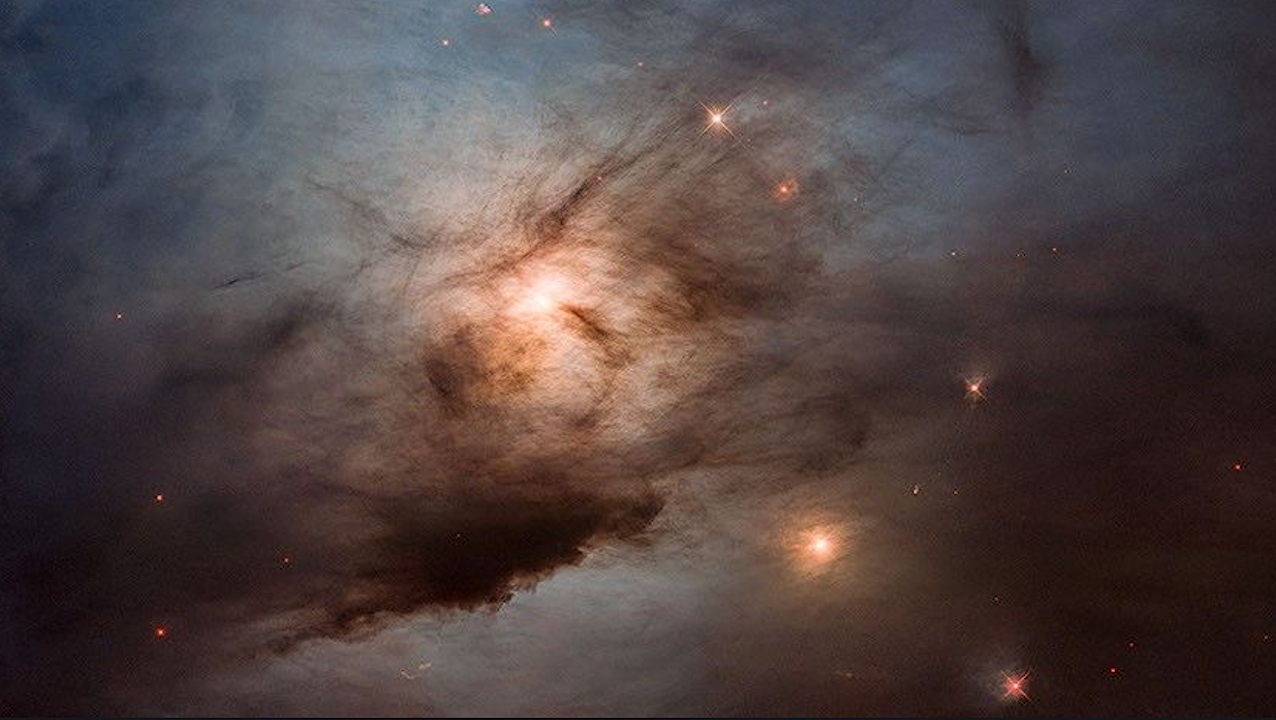

The molecular framework for protometabolism—chemical reactions in a prebiotic environment preceding modern metabolism—has remained unknown in evolutionary biology. Mono-, di-, and tricarboxylic acids that comprise contemporary metabolism, such as the Krebs cycle, are of particular prebiotic relevance and are theorized to predate life on Earth.
Researchers have struggled to unravel the molecular origins of respiration, with theories pointing toward abiotic origins later co-opted by the earliest living organisms; however, the molecular network of these molecules has remained elusive.
Recent detections of carboxylic acids linked to the Krebs cycle on the Ryugu asteroid and Murchison meteorite rekindled interest in their extraterrestrial origins.
Replicating conditions analogous to the environment of dense molecular clouds in laboratory simulation experiments, our work provides compelling evidence on the abiotic synthesis of the complete suite of biorelevant molecules central to the Krebs cycle.
The opportunity for these biomolecules forming in deep space could provide molecular origins of protometabolism on early Earth and also provide the molecular feedstock to worlds beyond our own.
Highlights
- The Krebs cycle is a series of chemical reactions that occur in the cells of living beings. It can produce energy from the degradation of certain types of molecules (lipids, sugars, proteins). This energy is then used by the cell to produce the energy essential to cell function.
- These fine layers of ice form on dust grains in space, and are irradiated by ultraviolet radiation and cosmic rays.
- Organic molecules that play a role in the chemical processes behind the origins of life.
At the Nice Institute of Chemistry (CNRS/Université Côte d’Azur). - Temperature of 10 kelvins (-263 °C), in a vacuum, and irradiation by energy particles simulating cosmic rays.
Abiotic origin of the citric acid cycle intermediates, PNAS
Astrobiology
Stay Informed With the Latest & Most Important News
Previous Post
Next Post
-
 01Two Black Holes Observed Circling Each Other for the First Time
01Two Black Holes Observed Circling Each Other for the First Time -
 02From Polymerization-Enabled Folding and Assembly to Chemical Evolution: Key Processes for Emergence of Functional Polymers in the Origin of Life
02From Polymerization-Enabled Folding and Assembly to Chemical Evolution: Key Processes for Emergence of Functional Polymers in the Origin of Life -
 03Astronomy 101: From the Sun and Moon to Wormholes and Warp Drive, Key Theories, Discoveries, and Facts about the Universe (The Adams 101 Series)
03Astronomy 101: From the Sun and Moon to Wormholes and Warp Drive, Key Theories, Discoveries, and Facts about the Universe (The Adams 101 Series) -
 04True Anomaly hires former York Space executive as chief operating officer
04True Anomaly hires former York Space executive as chief operating officer -
 05Φsat-2 begins science phase for AI Earth images
05Φsat-2 begins science phase for AI Earth images -
 06Hurricane forecasters are losing 3 key satellites ahead of peak storm season − a meteorologist explains why it matters
06Hurricane forecasters are losing 3 key satellites ahead of peak storm season − a meteorologist explains why it matters -
 07Binary star systems are complex astronomical objects − a new AI approach could pin down their properties quickly
07Binary star systems are complex astronomical objects − a new AI approach could pin down their properties quickly













